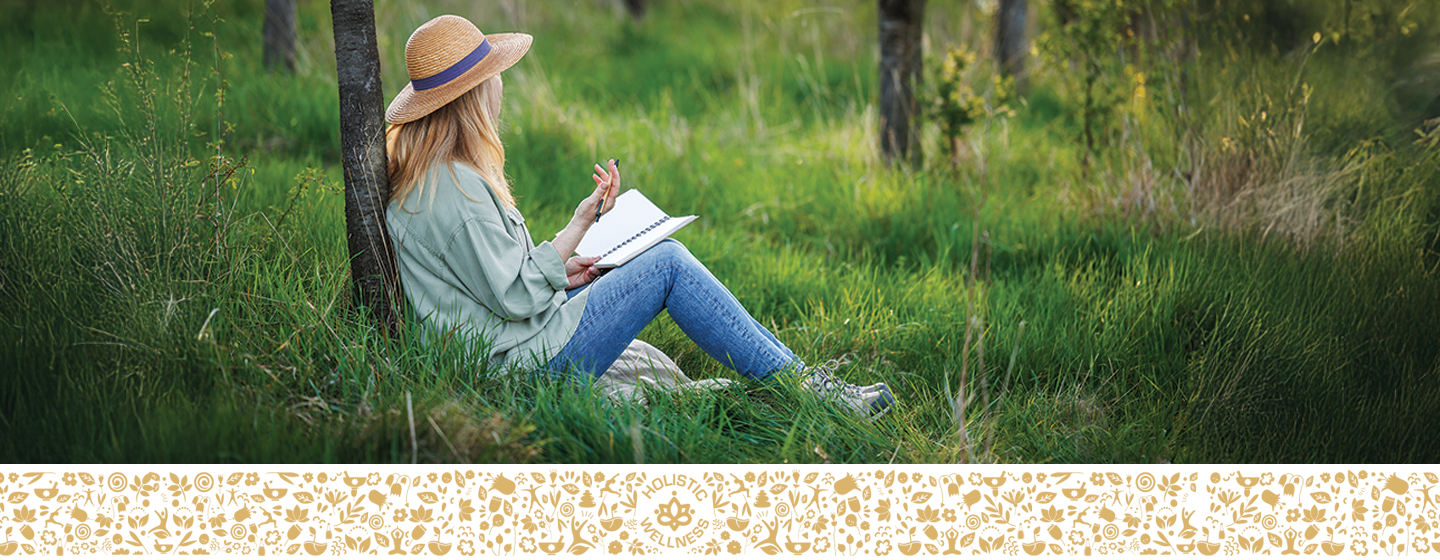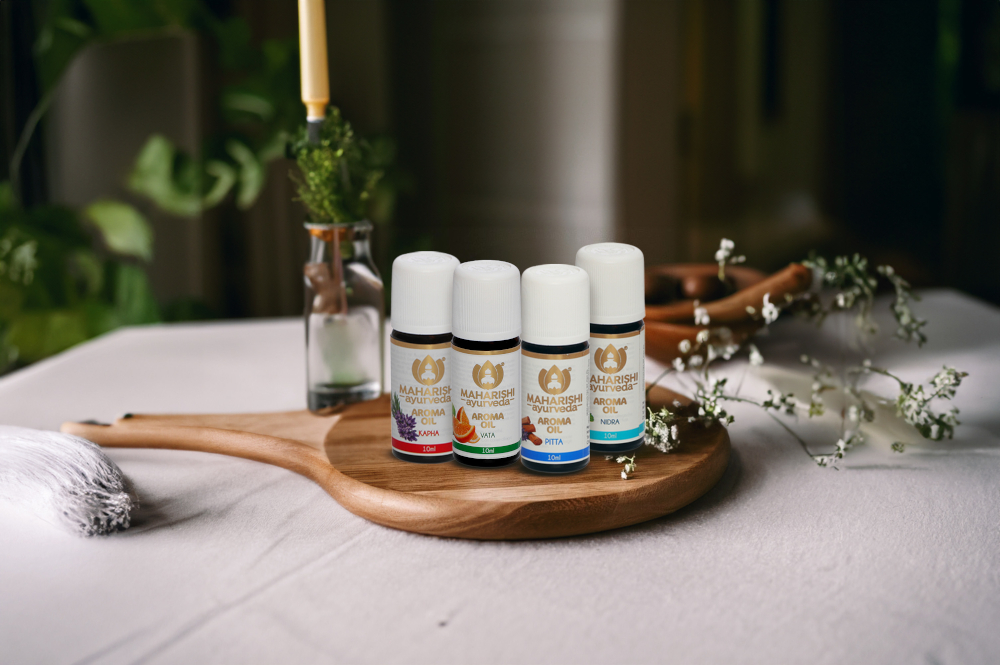
Emotions are an inseparable part of life.
They shape how we perceive ourselves, others, and the world around us. Joy, sadness, fear, anger, or inner peace – we may experience all of these feelings at different times.
Perhaps you know the feeling: at times, we react on impulse, without truly understanding the deeper reason behind it. Or we sense that something is stirring within us, yet we cannot quite grasp what it is. Amidst the busyness of daily life, we easily lose touch with our inner world – with what we are truly feeling and needing.
Yet our emotions are important signposts.
They are trying to tell us something, to protect us, or to draw our attention to something meaningful.
Emotional balance does not mean suppressing feelings – it means perceiving them, understanding them, and gently accepting them as part of who we are. In doing so, emotions are able to flow without overwhelming us.
When we begin to treat our emotions with more awareness, we often notice just how closely they are linked to our physical experience.
A calm mind reveals itself not only in clearer thoughts, but also in a relaxed body – with softened muscles and smooth breathing. Conversely, inner tension can lead to restlessness, muscular tightness or sleep disturbances.
This subtle interplay between mind and body is recognised in many holistic traditions – including Ayurveda.
Ayurveda, the “science of life”, does not view mental wellbeing in isolation, but rather as deeply connected with our lifestyle, environment, diet, and unique constitution. From an Ayurvedic perspective, emotional imbalance can often be eased by restoring stability in other areas of life – for example through nourishing daily routines, balanced nutrition, gentle movement, periods of rest, and targeted herbal support.

Gentle everyday tips for greater emotional balance
Inner calm often begins with small, conscious steps. These simple habits can help:
- Start the day peacefully – Give yourself a few quiet moments in the morning before becoming active. A short meditation, gentle stretching, or writing a few lines in a journal can help you begin the day with clarity and calm.
- Keep a regular rhythm – Fixed mealtimes, regular sleep and a consistent daily structure give the body a sense of security – and can support emotional regulation.

- Take mindful breaks – Short pauses throughout the day – a few deep breaths, closing your eyes for a moment or stepping outside – can help ease the nervous system and offer fresh perspective.
- Move gently – Movement helps stagnant energy to flow. Whether it is walking, yoga or light stretching – gentle physical activity can soothe and uplift at the same time.
- Reduce sensory overload – Less screen time, especially in the evening, and a mindful approach to news and media can help calm the mind and foster clarity.

Herbs traditionally used in Ayurveda to calm the mind
Ayurveda traditionally uses specific herbs to promote emotional balance and mental clarity. Although each constitution is unique, the following plants are often recommended for their grounding and calming qualities:
- Ashwagandha (Withania somnifera) – Often called “Indian ginseng”, this root is traditionally used to strengthen resilience during mental and physical stress. It is regarded as nourishing and calming – particularly for those who feel overstimulated or restless.
- Brahmi (Bacopa monnieri) – Associated with clarity and focus, this herb is especially beneficial for those experiencing mental fatigue or distraction. Brahmi may be taken as a tea or powder and is sometimes used as an oil for head massage.
- Shankhpushpi (Convolvulus pluricaulis) – Traditionally used to support memory and calm the mind. It is frequently found in herbal blends intended to soothe restlessness or promote sleep.
- Jatamansi (Nardostachys jatamansi) – This Himalayan plant is valued for its grounding properties. It is often used in evening rituals or to help stabilise emotional states.
- Tulsi (Holy Basil) – Commonly enjoyed as a tea, Tulsi is considered clarifying and uplifting. It has traditionally been used to support emotional harmony and mental alertness.
These herbs are most effective when integrated into a balanced and holistic lifestyle. They are often included in more complex herbal formulations or Rasayanas (rejuvenating tonics).
If you would like to explore these herbs for yourself, it is best to do so under the guidance of experienced Ayurvedic practitioners. They can help you discover what truly supports your personal journey towards greater calm and emotional wellbeing.

Soothing evening rituals
Evenings offer a special opportunity to unwind and strengthen emotional balance. These gentle rituals can be particularly nourishing:

- Foot massage – A soft massage of the feet with warm oil – such as sesame oil, Vata massage oil or ghee – can be grounding and relaxing after a busy day.
- Drinking herbal tea – A cup of Vata-balancing or calming herbal tea in the evening creates a comforting ritual and gently leads into sleep.
- Scented support – Essential oils like lavender, vetiver or sandalwood – in a diffuser or as part of a massage oil – can help create a soothing atmosphere.
- Gentle reflection – Writing down a few thoughts or moments of gratitude at the end of the day can shift your focus towards the positive and promote inner peace.

Towards balance – step by step
Emotional balance is not a fixed destination, but a path – an attitude carried by mindfulness, self-compassion, and inner presence.
It is about staying connected to yourself – even when life feels turbulent.
For many, this path involves meditation or walks in nature; for others, nourishing meals, meaningful conversations, or simply a conscious breath at the right moment.
Every small step – every pause, every cup of tea, every quiet moment – can become part of a larger rhythm of self-care. Whether through loving habits, plant-based companions or silent reflection: caring for your emotional wellbeing can become a deeply meaningful and personal journey – returning you to inner balance, healing, vitality, and connection.
